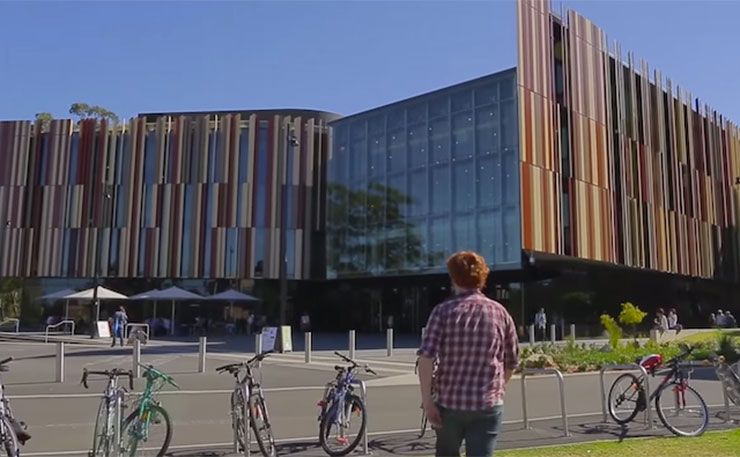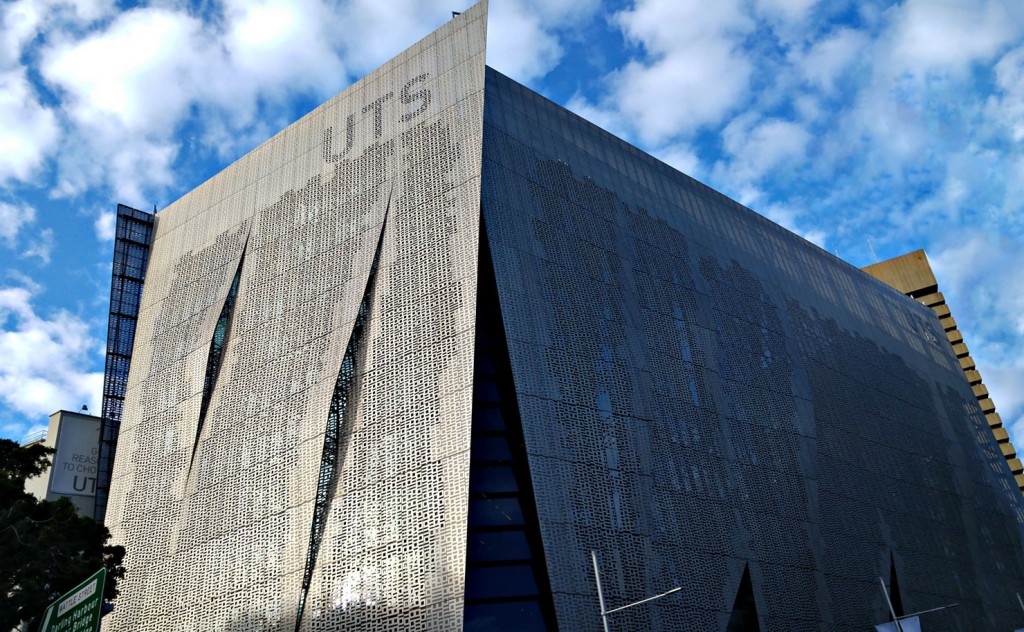OPINION: An inquiry is urgently needed before the higher education sector sinks even lower, writes Dr Richard Hil.
There was much ado about ATAR cut-offs in last week’s Fairfax Press – ATARs are the rank that students are awarded upon completion of their HSC. The Sydney Morning Herald revealed that universities in NSW had been admitting students with ATAR scores well below the official threshold (in some cases 30 to 40 points below). It was also reported that some universities were enrolling students with scores as low as 30 which, although shocking, is certainly not unprecedented.
Initially the response of vice chancellors was to declare that ATAR scores are unreliable predictors of future academic performance and that these scores are supplemented by a range of “flexible entry” schemes, such as “bonus points” for those excelling in sport, the arts and community service. Entry can also be gained on the basis of a school principal’s recommendation or via a host of “exceptional circumstances” criteria and “pathways” which, in effect, means that most Australian adults have some prospect of gaining entry into one of Australia’s 43 universities.
Faced with a storm of protest and mounting public concern over such elastic university entry schemes, vice chancellors have rapidly backed away from asserting (as they have done for years) that ATARs are nothing more than an indicator of supply and demand. Some have gone as far as calling for the abolition of ATARs, while others have urged a serious public conversation about what might constitute an acceptable tertiary entry policy.
This sort of vacillation is hardly surprising given the incredibly complex, inconsistent and cumbersome nature of university entry policies. More worrying perhaps has been the suggestion by an academic from UTS (who also happens to believe that ATARs should be abolished) that we should: “Allow everyone to come in first year; and with proper support, see who thrives”. Presumably, those falling by the wayside would be deemed “unready” (or unfit?) for tertiary education whilst the rest would go on to greater things. Leaving aside the awkward fact that “support” is more often than not incapable of addressing the deep-seated literacy and numeracy problems of many students, and that bright students are impacted by the presence of such enrolees, what does such a suggestion say about the current admissions quagmire?
Confronted by all this, most academics would surely be hoping against hope that the madness that has afflicted recent higher education policy does not result in yet another wave of high maintenance students. Ask any academic about what he or she considers the most troubling aspect of today’s tertiary system and they’ll likely point to the demands posed by remedial students and all this entails in terms of workloads.

Many of those enrolled in universities, academics tell us, find it difficult to string sentences together, to formulate coherent arguments, or to participate meaningfully in tutorials. They require intensive, on-going support just to scrape through. Many simply fail, or drop out. No-one knows precisely how many take the latter course, but the figure could be in the order of 25 per cent.
Meanwhile, academics have to contend with bloated class sizes (especially since the removal of caps in 2012) and the onerous demands of online students, leading many to administer more “convenient” forms of assessment like take home exams, and multiple choice exams, and quizzes.
Has it really come to this? Has any notion of an acceptable standard of entry into universities become so trammelled by the need to generate income (students remain the main revenue source) that universities are prepared to sacrifice academic integrity?
Arguably, they have been put in this invidious position by repeated cuts to government funding, although that’s only part of the story. To be sure, as George Morgan has recently noted, the ATAR debacle is but one manifestation of a general funding problem. More importantly, the new wave of low achieving entrants signals something deeper according to Morgan – a perceived “crisis of legitimacy”.
This crisis cuts across almost everything that universities do, and impacts most alarmingly on the quality of education. As I noted in Selling Students Short – why you won’t get the university education you deserve, there are a host of problems impacting on both students and academics: the marketing of courses to students with no real prospect of gaining a job in their chosen field; overcrowded classrooms; run-down facilities; excessive fees and changes; and the exploitation of international students who are charged three times more for the same course as their domestic counterparts. Moreover, the vast majority of students work to make ends meet (some in illegal, part-time, casual jobs in the shadow economy), while others can only afford to live in distant, low-rental suburban dwellings or in run-down inner-city hovels.
To make matters worse, significant numbers of students also report feeling lonely, isolated and friendless while at university, with little or no attachment to their institutions and even less prospect of experiencing the wonders of fulfilling relationships and the opportunity to contemplate ideas. Thus, contrary to all the marketing hype, the so-called “student experience” is often little more than a drive through that ends up in life-long debt and considerable disenchantment.
But you’ll hear none of this from the university marketing divisions or our salary-packaged vice chancellors, who constantly babble on about excellence, opportunity, innovation and creativity in the high octane, tech savvy world of the 21st century university. The problem however, is that employers have seen through all the marketing hype and experience tells them that that many graduates, often encumbered with a distorted sense of their own abilities, are rarely “job ready”.

It would, of course, be misleading to attribute all this to dodgy entry policies or shortfalls in government funding. Something far more fundamental has altered the tertiary landscape over recent years, much of which can be attributed to the neoliberal reforms presided over by the Keating government. It was the so-called “Dawkins reforms” that ushered in a new era of market-based competition and the spectre of student debt. The reforms also gave rise to a top-down, business oriented system that turned universities into revenue-obsessed corporations, and students into “consumers” and academics into “service providers”.
Why? Well, largely because the “modern university” fitted neatly into the neoliberal worldview whereby the free market would, through the forces of supply and demand, determine the sector, casting aside institutions and courses that failed to compete.
Uppermost in the minds of successive policy mandarins has been the aim of developing an “industry” that fits the vocational and research requirements of the neoliberal economy, hence the obsessive concern with streaming universities with business in order to maximise “productivity” and “economic growth”.
Any doubts over such ambitions are soon dispelled when one considers the implications of the following remarks by one of Australia’s leading vice chancellors, Professor Glyn Davis who, in a recent blog in the Huntington Post said: “In an ideal world, the precincts around Australian universities would already resemble those of Silicon Valley or Cambridge. In time they might. More likely, we will develop distinctive local patterns that reflect the broader realities of the Australian economy—a predominance of small to medium firms, clustered around universities and public agencies, all contributing to the local innovation ecosystem.”
Is this the vision to which we all want to subscribe? Whose interests are being met by the creation of this “ecosystem”? What kind of “higher education” do we want for current and future generations?
Leaving such matters aside, many commentators are beginning to ask whether a formal inquiry is needed into the state of our universities – one that takes seriously problems associated with admissions policies, allegations of corruption in the recruitment of international students (as noted by ICAC), falling educational standards, potentially misleading advertising, and a less than satisfactory student experience.
In the short term, such matters should be of the upmost public concern.
Donate To New Matilda
New Matilda is a small, independent media outlet. We survive through reader contributions, and never losing a lawsuit. If you got something from this article, giving something back helps us to continue speaking truth to power. Every little bit counts.





